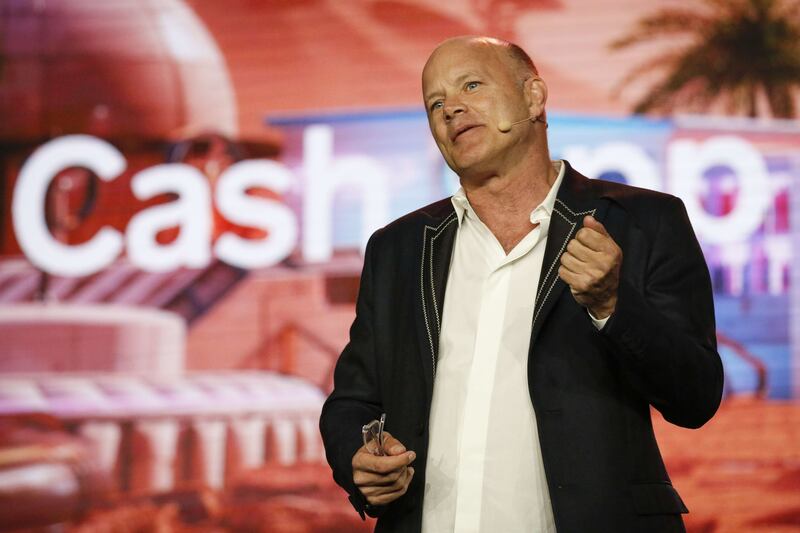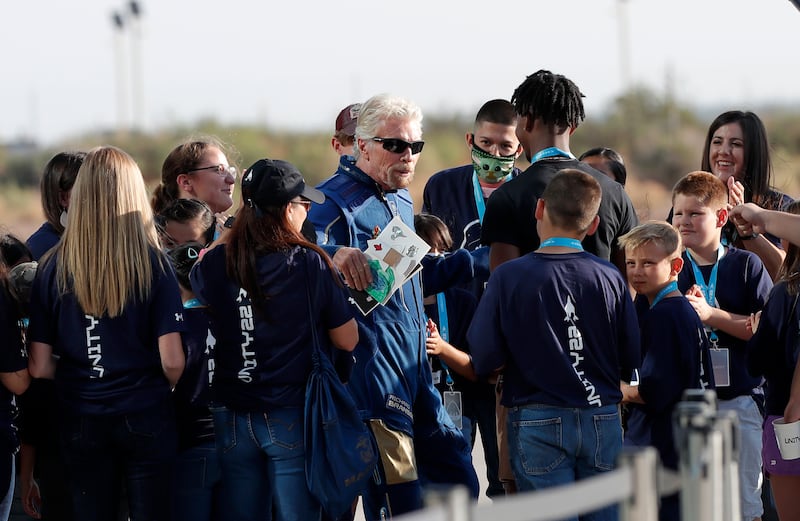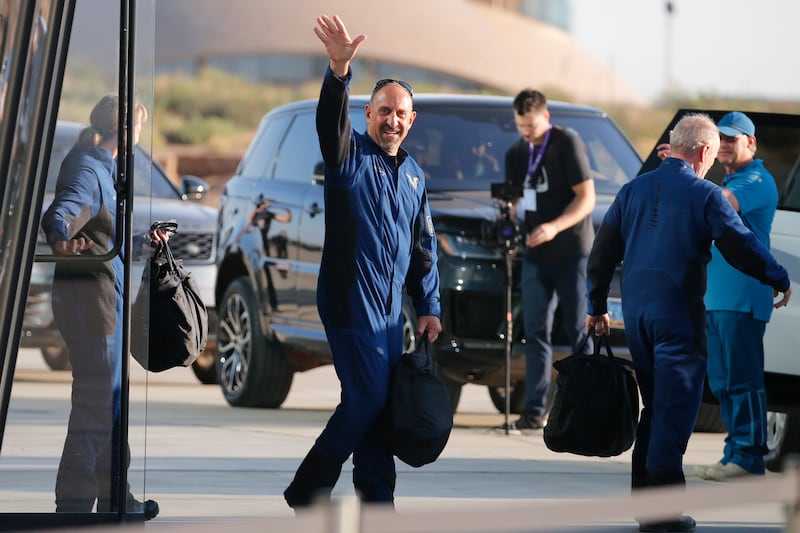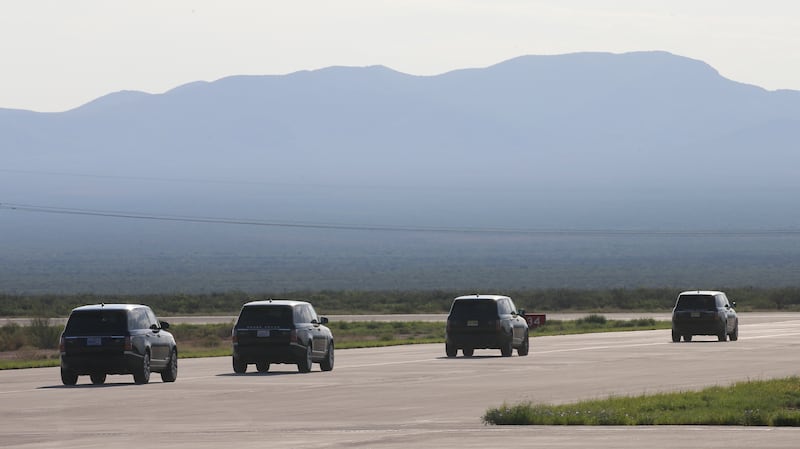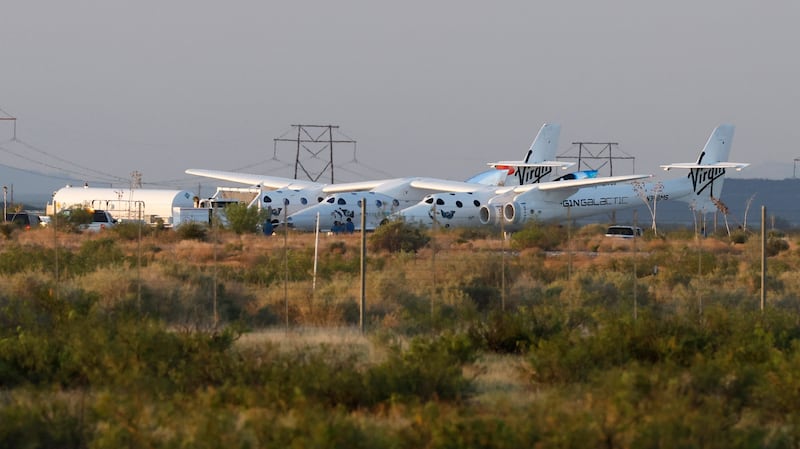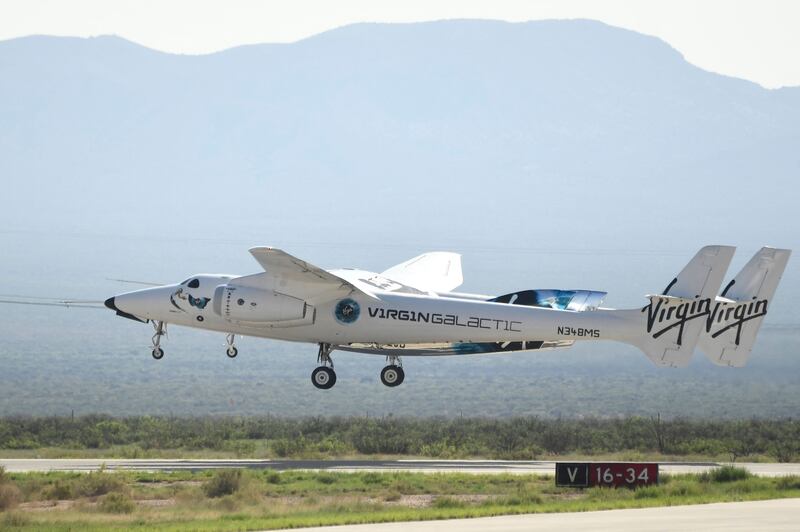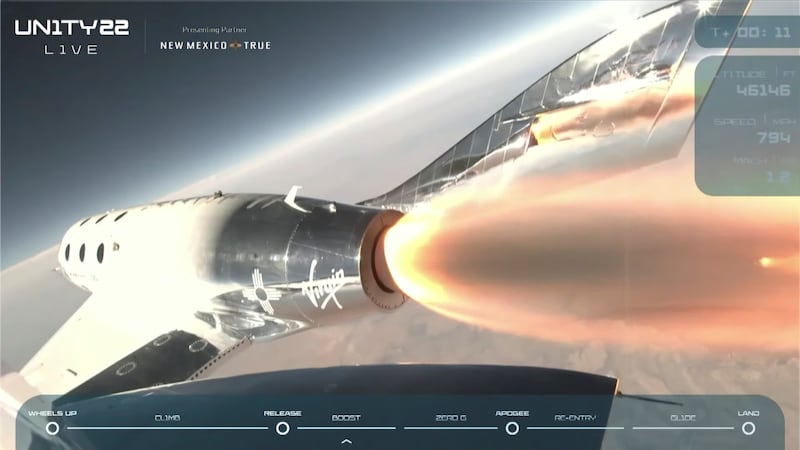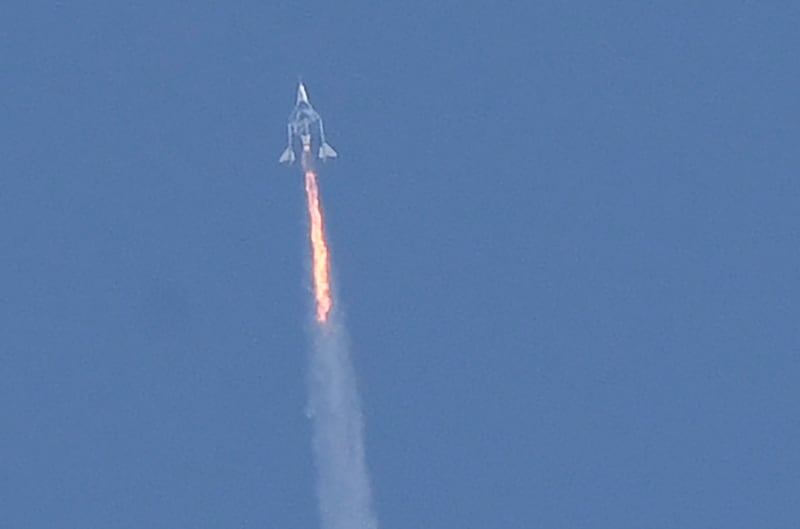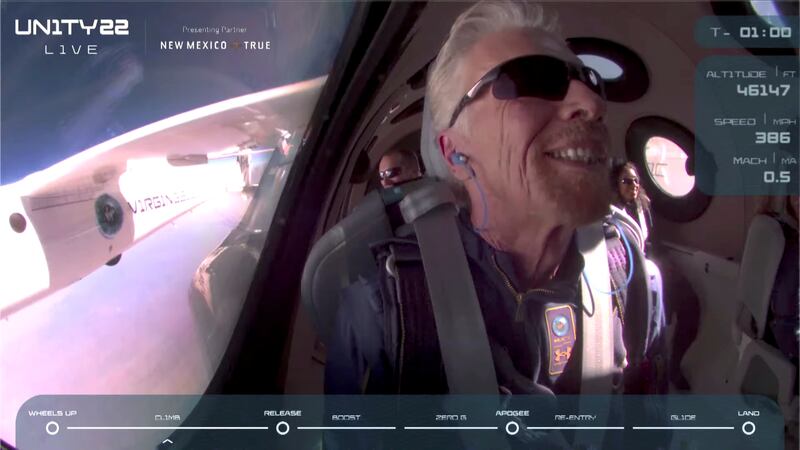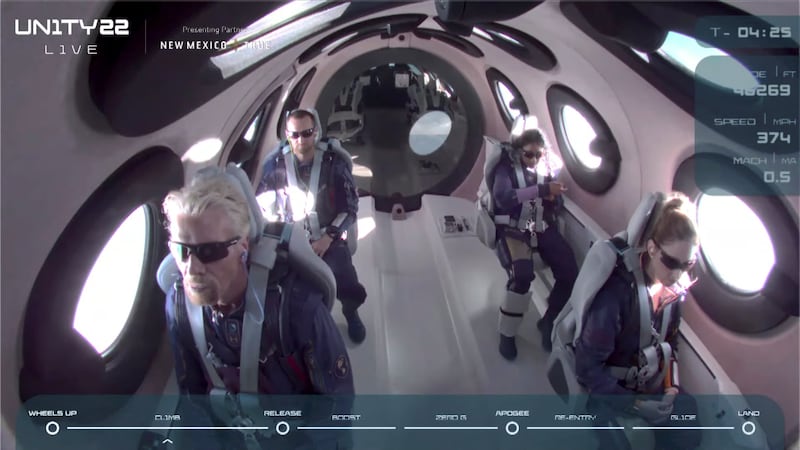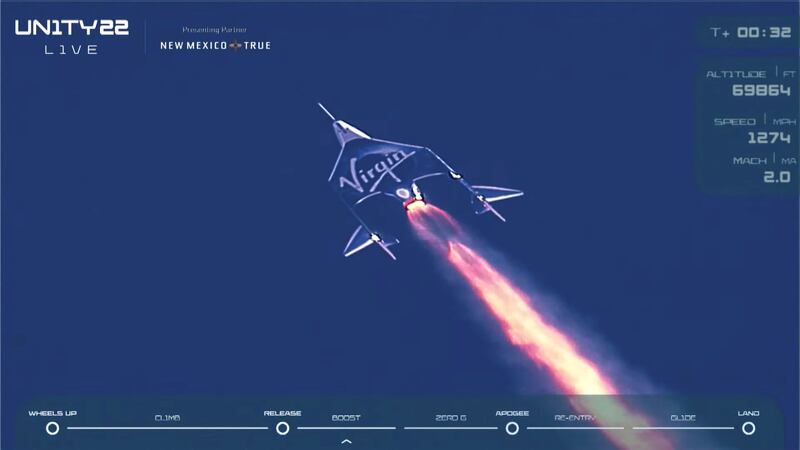Michael Novogratz
Galaxy Digital Holdings, the crypto financial services company founded by billionaire Michael Novogratz, has disclosed a $76.8 million exposure to collapsed exchange FTX and expects the turmoil in the industry to continue in the weeks ahead.
Galaxy, which uses FTX to hold assets, said $47.5m worth of assets is currently in the withdrawal process, the company disclosed in its third-quarter results.
FTX, cofounded in 2019 by chief executive Sam Bankman-Fried and Gary Wang, halted withdrawals on Tuesday, citing a liquidity crunch, and agreed to a buy-out offer from Binance, which has since backed out of the deal.
Galaxy’s net comprehensive loss was $68.1m, compared with a $517.9m gain in the same period a year ago, primarily because of unrealised losses on investments, driven by reduced valuations under external market conditions.
“We are going to have to be nimble and agile for the next two to 12 weeks as this digests, and people really make sense of what happened,” Mr Novogratz said during a conference call about the fallout from FTX.
He expects that crypto prices will no longer be driven by events such as FTX and will return to being correlated to macro market conditions “within a quarter”.
___________
Watch: what happened to the Bitcoin price?
What happened to the Bitcoin price, is it the end of the crypto boom?

Galaxy said it maintained a liquidity position of $1.5 billion as of September. That includes $1bn in cash.
Galaxy planned to cut about 15 per cent of its headcount. Mr Novogratz does not expect that to change as a result of the fallout from FTX, he said on the call.
The New York-based company had 395 employees globally as of the end of the third quarter.
The crypto industry has been grappling with renewed turmoil after a plunge in digital token prices in the spring.
Prices tumbled this week as the failure of FTX increased concern that there is more trouble brewing in the industry and among some of its top players, following widespread lay-offs and earlier bankruptcies of major companies including Three Arrows Capital, Voyager Digital and Celsius Network.
Galaxy’s mining unit incurred a net comprehensive loss of $34.9m in the quarter, citing increased operating expense, against the backdrop of its largest third-party hosting provider reducing capacity due to market conditions, rising energy prices and constrained access to capital markets.
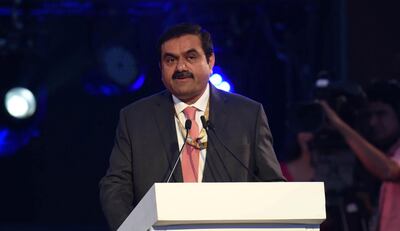
Gautam Adani
Adani Ports and Special Economic Zone has agreed to buy a 49.38 per cent stake in liquid storage facility company Indian Oiltanking for 10.5bn rupees ($129m) as its billionaire founder, Gautam Adani, seeks to bolster cargo handling operations in India.
Adani Group’s listed port company has also agreed to buy an additional 10 per cent equity stake in IOT Utkal Energy Services, a subsidiary of Indian Oiltanking, Adani Ports said in a statement.
Adani Ports’ acquisition of the stake in Indian Oiltanking will boost its oil storage capacity by three times to 3.6 million kilolitres, making it India’s largest third-party liquid storage company, chief executive Karan Adani said.
“This stake purchase is also well aligned with our strategy of diversifying the cargo mix with focus on products and services having higher realisation and margins,” he said.
The majority of Indian Oiltanking’s tank capacity is contracted by government-owned companies and oil majors, the statement said.
With about 80 per cent capacity under “take-or-pay” contract, there is good visibility on the future cash flows of the company, it said.
Indian Oiltanking has a network of six terminals across five states with a total capacity of 2.4 million kilolitres for storage of crude and finished petroleum products.
The company recently signed a 25-year contract with Numaligarh Refinery for the construction, operation and maintenance of 0.6 million kilolitre crude storage tanks at the Paradip Port.
In September, the Adani Group said it will develop a port in India’s West Bengal state at a planned investment of more than $3bn as Mr Adani’s ports-to-power conglomerate diversifies rapidly beyond its coal-based empire into green energy, data centres and digital services.
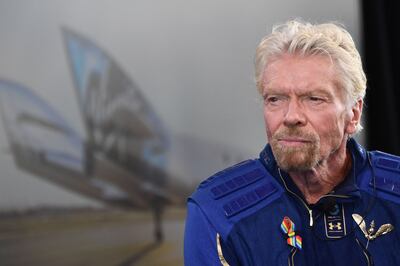
Richard Branson
A New York federal judge has ruled that British billionaire Richard Branson must face a shareholder suit alleging that he concealed safety problems with Virgin Galactic's space programme and sold hundreds of millions of dollars of shares.
While most of the claims in the suit were dismissed, US District Judge Allyne Ross in Brooklyn said the shareholders can proceed in trying to prove Virgin Galactic and its founder, Mr Branson, defrauded them into overpaying shares of the space tourism company.
They now trade at 90 per cent below their peak in February 2021.
Judge Ross ruled that shareholders could proceed with their claim that Virgin made false or misleading statements, including that test flights “had overcome a substantial number of the technical hurdles required to make the company a viable and profitable commercial service”.
The judge ruled this was a “materially misleading” statement because Virgin had grounded its Unity spacecraft to address safety issues.
Judge Ross said Virgin did not disclose the problem in US Securities and Exchange Commission filings. The issues were disclosed by The Washington Post in an article in February 2021.
However, Judge Ross ruled that the plaintiffs “fail to address defendants’ point that Virgin Galactic disclosed the risk that an accident could cause a material adverse effect on its business”.
The judge said: “This is the exact risk plaintiffs contend was not disclosed to the market.”
__________
Virgin Galactic space launch — in pictures
Virgin Galactic made headlines in July 2021 when it launched Mr Branson into space along with two pilots and three other passengers.
The flight came nine days before the company’s rival, Blue Origin, launched its billionaire founder, Jeff Bezos, to space with three fellow passengers.
In October 2021, Virgin Galactic announced it would be delaying the start of commercial space flights to the fourth quarter of 2022, citing the need for further physical inspection of its hardware.
The company has repeatedly pushed back the target for commercial operations since then, in part because of labour constraints and supply chain issues. It’s now targeting the second quarter of 2023.
Jeff Michael, a spokesman for Virgin, declined to comment.
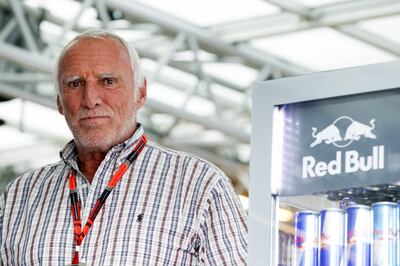
Dietrich Mateschitz
Red Bull co-founder Dietrich Mateschitz, who died last month, had recently been paid a record €866m ($865m) dividend by the energy-drink maker out of the company’s 2021 results.
The pay-out to Austria’s then-richest person was 28 per cent more than the previous year, according to Austria’s corporate register. Mateschitz’s son, Mark, has inherited his 49 per cent stake in the company.
Mateschitz’s payout included his portion of half the €1.51bn annual profit and €500m of retained earnings that was divided among shareholders, including the Yoovidhya family in Thailand.
Mateschitz, who was worth $15.1bn according to the Bloomberg Billionaires Index, received an additional €250m payment on top of his pro rata share.
Red Bull sales rose by a quarter last year to €5.3bn on an unconsolidated basis, lifting net income by 37 per cent.
The company has not yet published its group-level report, which includes a more detailed breakdown of last year’s performance.
